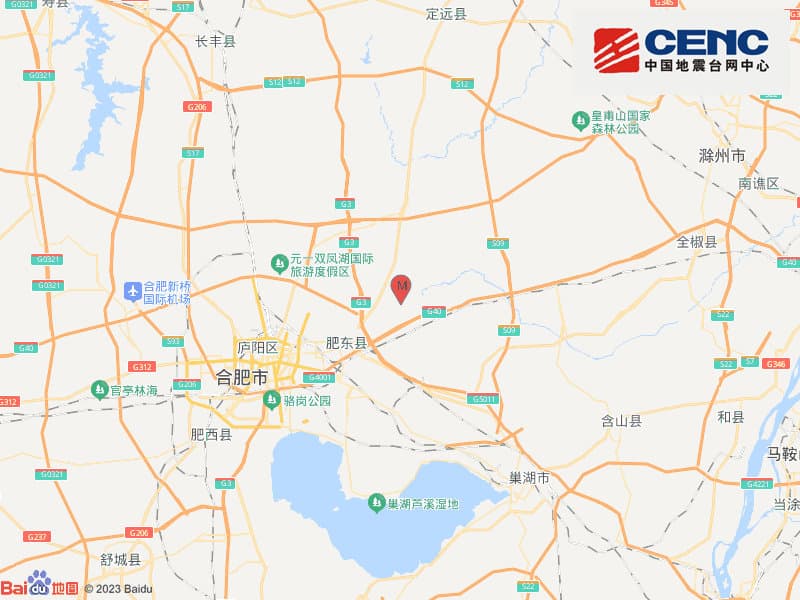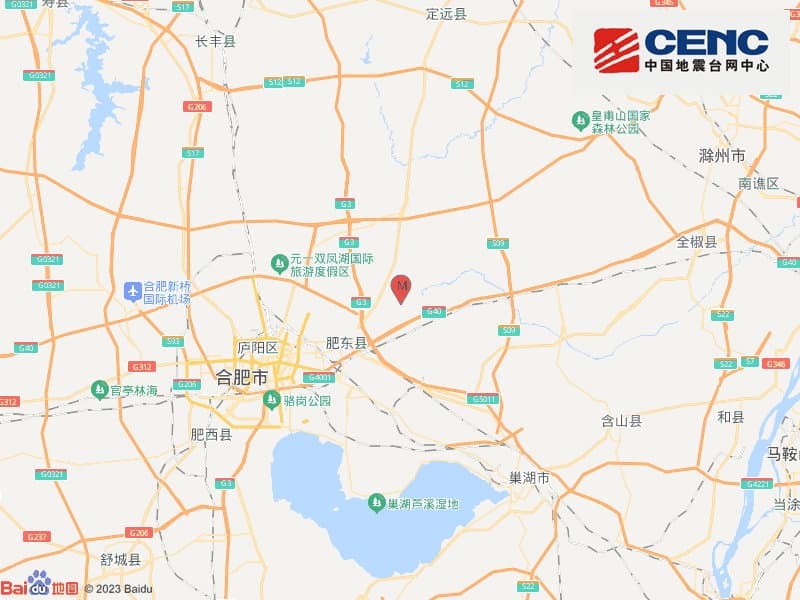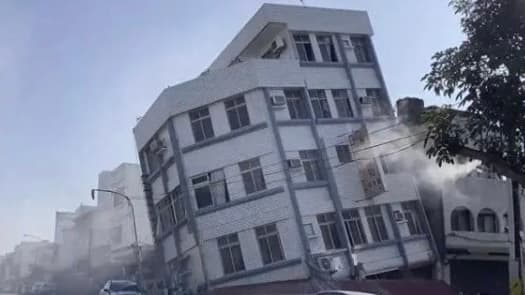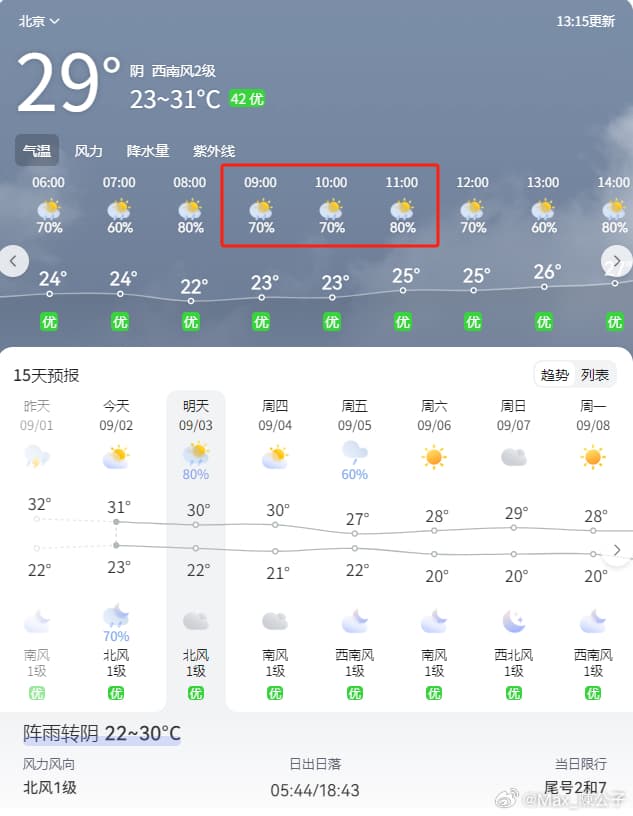Hefei Hit by 4.7-Magnitude Earthquake, Residents Urged to Stay Vigilant
A magnitude 4.7 earthquake struck Feidong County in Hefei, Anhui Province, China at 8:08 pm local time on September 18, according to the China Earthquake Networks Center. The epicenter of the quake was located at 31.98 degrees north latitude and 117.60 degrees east longitude, with a shallow depth of 12 kilometers. Eyewitnesses took to social media to share their experiences, with one user posting a video showing a camera that had fallen due to the quake. Another user noted that this was not the first time Hefei had experienced an earthquake in recent days, recalling a previous quake that occurred on the 13th.

18 September 2024
The quake serves as a reminder of the importance of earthquake preparedness and safety measures. According to experts, in the event of an earthquake, individuals should quickly assess their surroundings and seek safety. Those in low-rise buildings should evacuate immediately, while those in mid-to-high-rise buildings should open their doors to prevent them from becoming jammed. It is also crucial to disconnect electrical and gas supplies to prevent fires and electrocution. However, experts warn against seeking shelter in kitchens and balconies, which are not safe zones in the event of an earthquake. Instead, individuals should seek cover under sturdy furniture, such as a dining table, and stay in a small, enclosed space that is less prone to collapse.
If you are indoors, quickly judge whether you are in a safe location. If you are on a lower floor, immediately exit the building and move to an open area with no risk of falling debris. If you are on a higher floor and cannot quickly exit the building, open your door to prevent it from becoming jammed due to earthquake damage. Turn off electricity and gas supplies to prevent fires and electrical accidents. Use available objects, such as pillows or cushions, to protect your head and take cover under sturdy furniture, like a dining table. The best rooms to seek shelter in are those with small openings, as they tend to be more stable and can create a triangular space that can provide protection in case of a building collapse.

The Hefei earthquake zone, where the recent 4.7-magnitude quake struck, has a history of seismic activity. Located in the Anhui province of eastern China, the region is situated near the intersection of several major fault lines, making it prone to earthquakes. According to records, the Hefei area has experienced several significant earthquakes in the past, including a 5.3-magnitude quake in 2001 that caused widespread damage and injuries. More recently, a series of smaller earthquakes have hit the region, including a 3.4-magnitude quake just days before the latest incident. On January 16, a 3.7-magnitude earthquake occurred in Feidong County, with a depth of 12 kilometers, and on January 27, a 3.0-magnitude earthquake struck the same area, with a depth of 10 kilometers.

The China Earthquake Administration has designated the Hefei area as a region of moderate seismic activity, with a high likelihood of earthquakes occurring in the future. The administration has implemented measures to improve earthquake preparedness and response in the region, including the construction of earthquake-resistant buildings and the conduct of regular evacuation drills. Despite these efforts, the recent earthquakes highlight the ongoing seismic risks faced by the region. The quakes have caused widespread panic, with many residents taking to social media to share their experiences and seek information on how to stay safe during earthquakes. Social media platforms have played a significant role in disseminating critical safety information and facilitating a sense of community among those affected by the earthquakes.
As news of the Hefei earthquakes spread, users shared their experiences and safety tips, reminding others to learn more about earthquake safety knowledge and to stay calm during an earthquake. Official accounts provided timely updates on the earthquakes' magnitude, epicenter, and depth, while also soliciting feedback from users who had experienced the quakes. Local authorities have announced plans to conduct a thorough assessment of the region's earthquake preparedness and response measures, with a view to identifying areas for improvement and strengthening the region's resilience to seismic activity. The region's history of seismic activity and the recent earthquakes serve as a reminder of the importance of earthquake preparedness and safety measures, and the need for continued efforts to mitigate the risks associated with earthquakes.

In related news, a dramatic rescue effort was recently undertaken in Beijing, where a car lost control and plunged into a river, leaving two people trapped inside. The quick-thinking actions of the police, who jumped into the icy waters to rescue the trapped individuals, highlight the importance of emergency preparedness and response. The incident also underscores the need for individuals to be aware of the risks associated with driving and to take necessary precautions to ensure their safety. Meanwhile, experts are reminding people of the importance of knowing how to escape from a vehicle that has fallen into water, and the need to stay calm and follow proper procedures in such situations. By staying informed and taking necessary precautions, individuals can reduce their risk of injury or harm in the event of an earthquake or other emergency.
Comments







